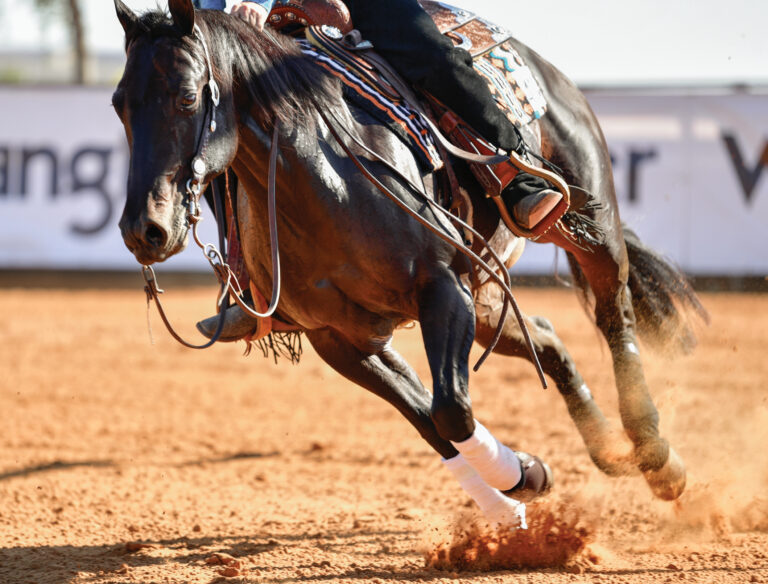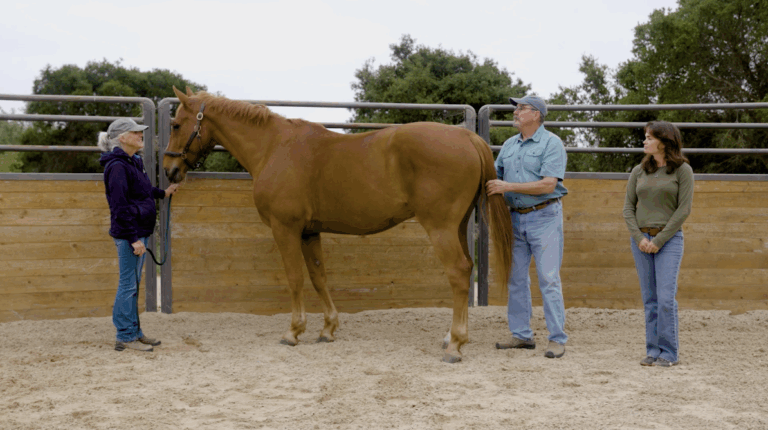As a general rule, senior feed is appropriate for horses when they reach the age of 15. But there are plenty of horses that can coast well into their 20’s without ever needing a specialized feed just like there are younger horses who might need to make the switch at a younger age. This is a hard subject to generalize, and it doesn’t mean you should automatically switch your horse to a senior feed on their 15th birthday, but when they get close to this age you should start paying a little bit more attention to their nutritional needs.
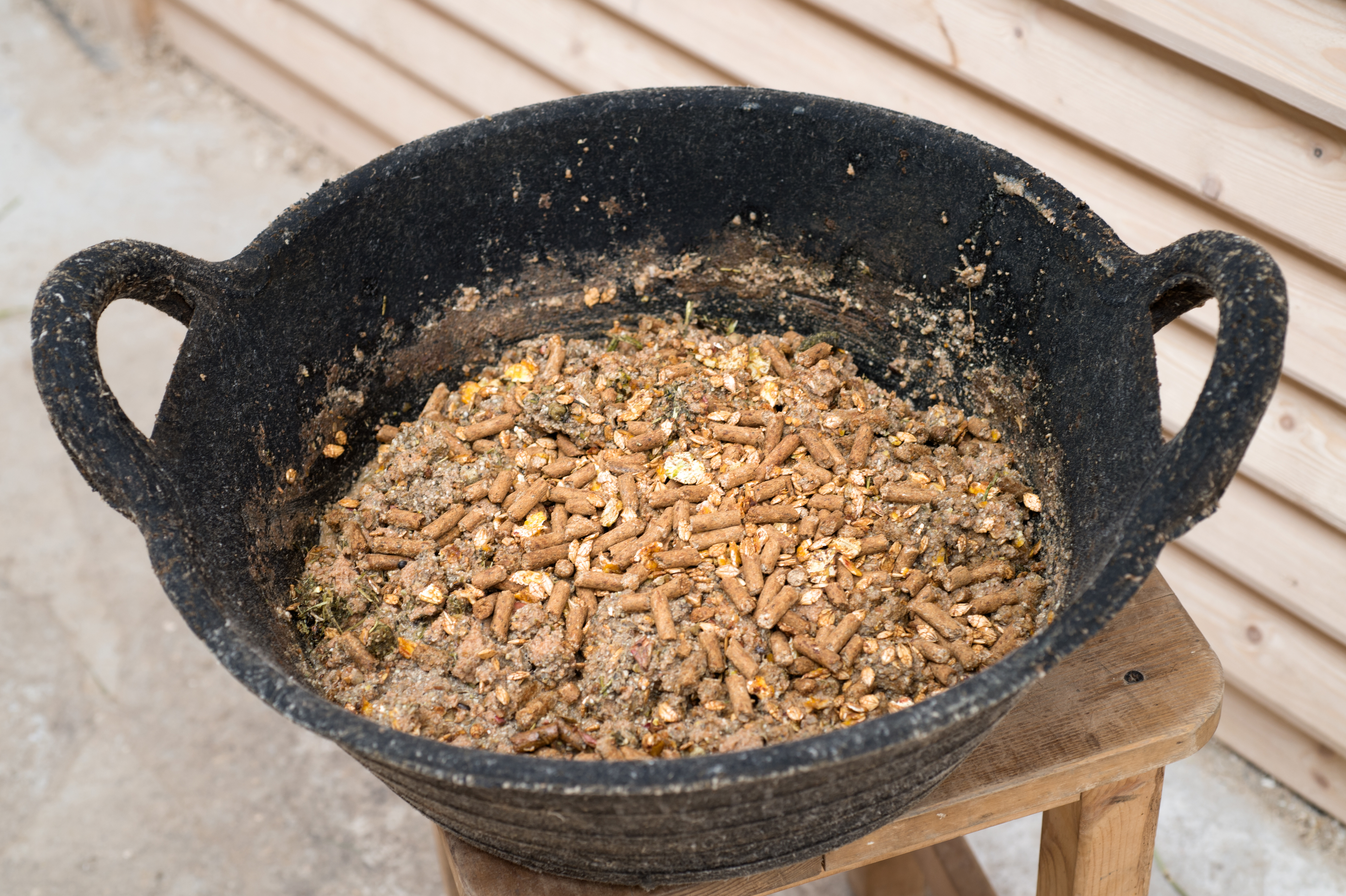
In the end, it all comes down to your horse and his specific needs. Here are a few questions to ask yourself to help determine when it might be time to switch your horse over to a senior feed:
1. How are his teeth?
As horses age, they wear down or are missing teeth which makes chewing more difficult. Senior feeds are usually processed to make them easier to chew so your horse is getting all of the nutrients needed from his feed. A “complete” senior feed can sometimes take the place of hay if a horse is unable to chew his roughage in flake form anymore.
[More on Teeth: The Deal with Dental]
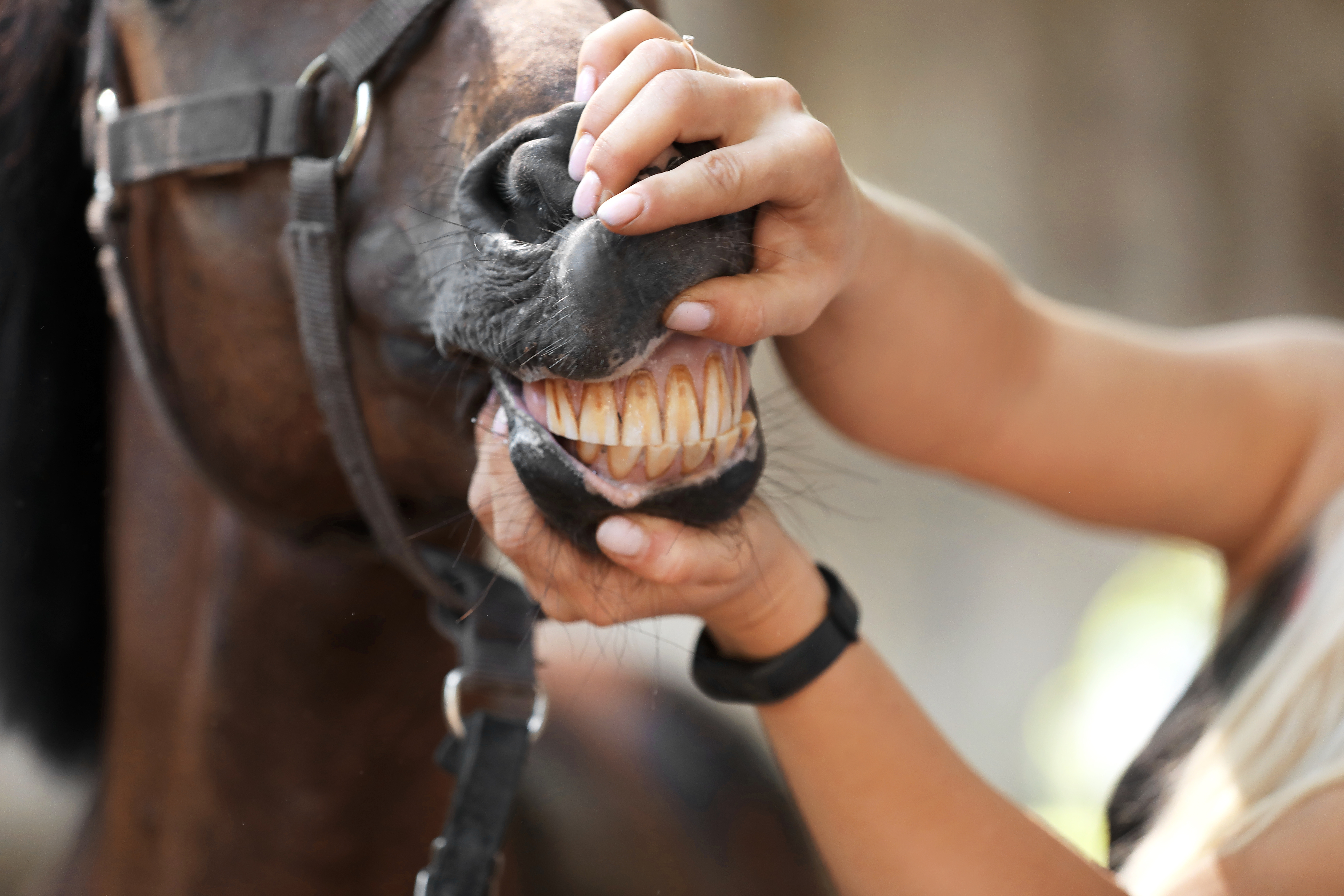
2. How is his digestion?
It’s not a fun job, but you’ll be surprised at how much your horse’s manure can tell you. If you see forage pieces in his manure that are more than an inch long, it might be a sign that he isn’t digesting his food properly. This is common in aging horses as their gastrointestinal system gets older but it can easily be managed with a senior feed that is formulated to aid with digestion.
[More on Senior Horse Nutrition: Aging Horse Nutrition]
3. How is his “fuel efficiency”?
As horses age and their digestive system changes, they might not maintain their weight or energy levels from their basic feed. If your horse is older and eating large amounts of feed with little to show for it, you should consider switching to a senior feed. It’s always a good idea to have your veterinarian check him out to rule out any illness or other problems, but it’s very likely that your horse just needs a senior feed that’s tailored to his needs.
[More on Senior Horse Weightloss: Maybe He’s Fat. Maybe it’s Hay Belly]
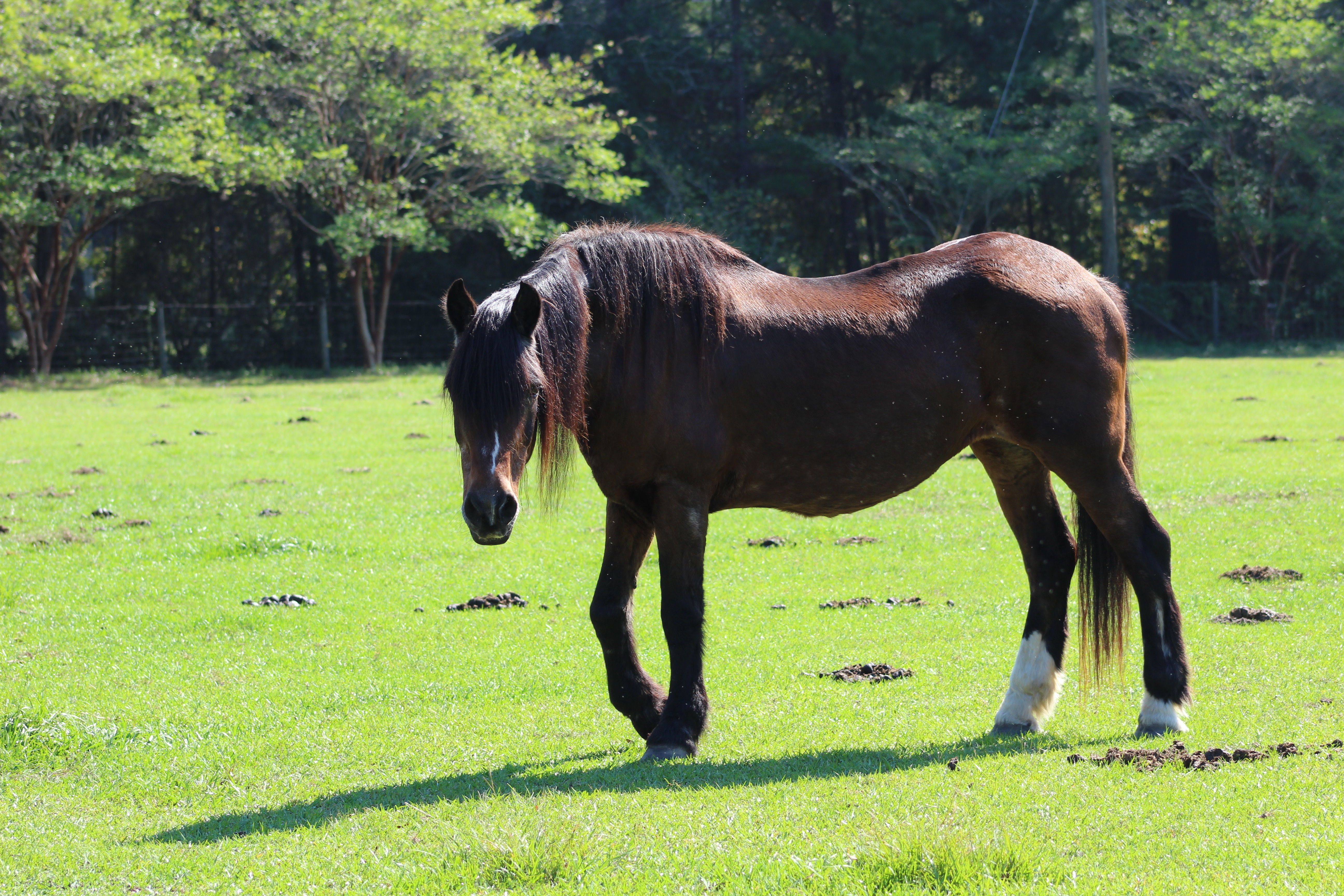

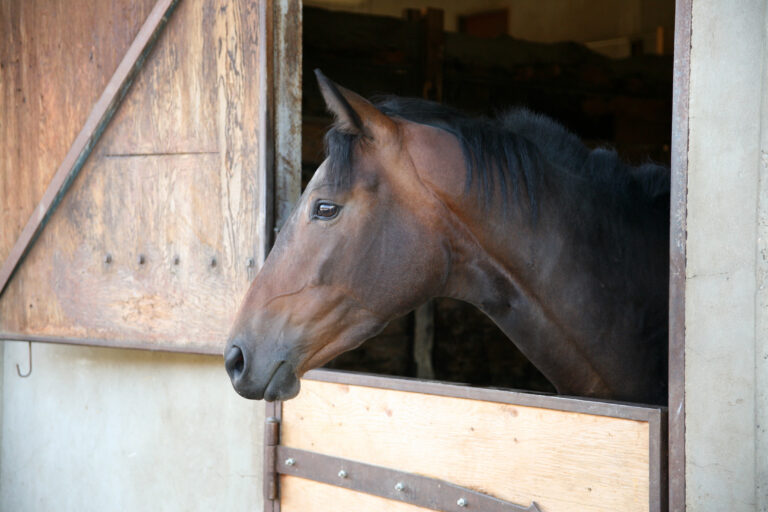
![[Aggregator] Downloaded image for imported item #35942](https://s3.amazonaws.com/wp-s3-horseandrider.com/wp-content/uploads/2025/10/20105738/EDCC-Unbranded-14-300x200-1.jpeg)
